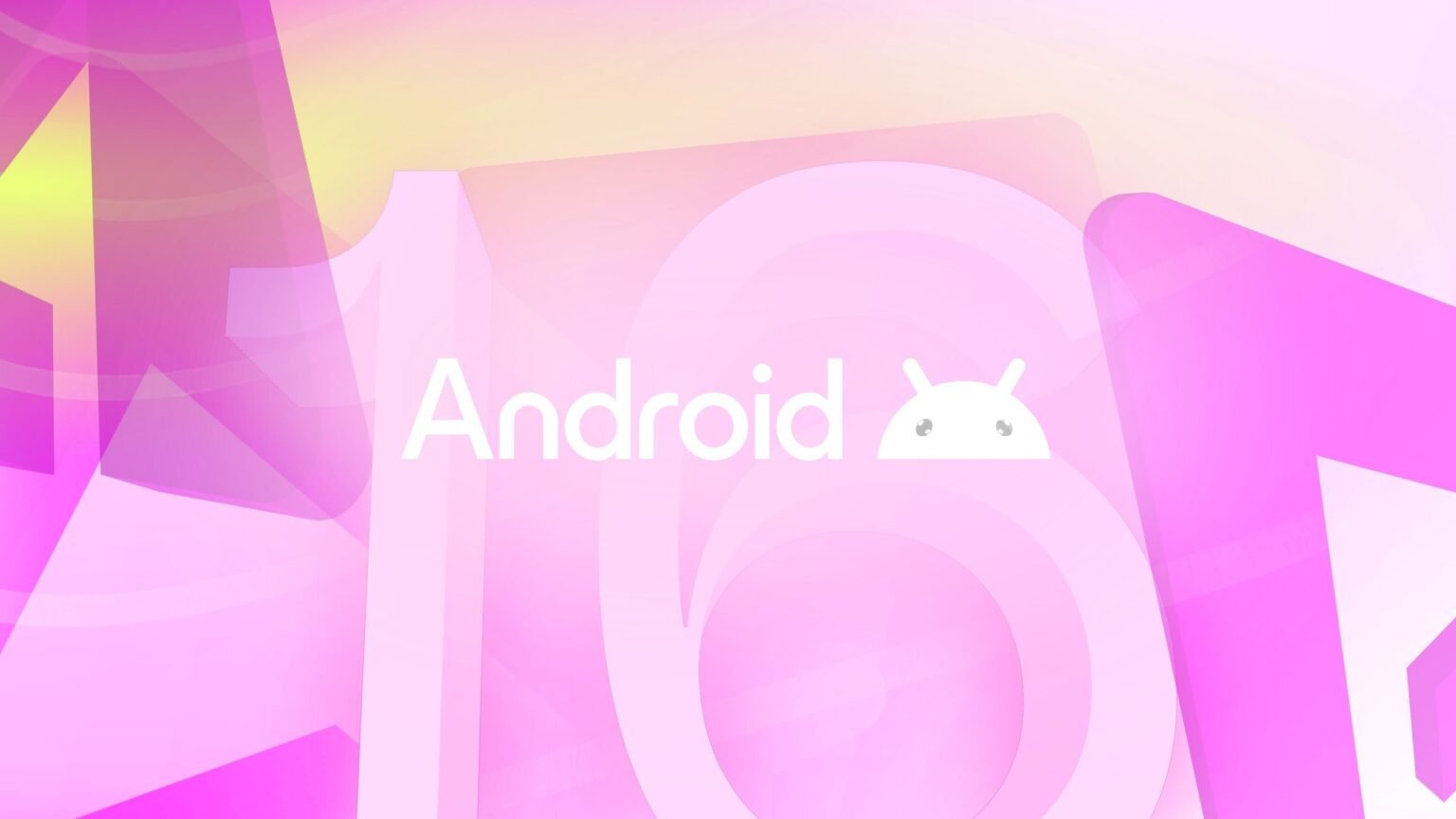The world of mobile operating systems continues to evolve, with Android being at the forefront of innovation for tablets and foldable devices. According to recent rumors and speculation in the tech community, Android 16 might introduce a groundbreaking feature: triple split-screen functionality specifically designed for tablets and larger display devices.
The Evolution of Multitasking on Android
Android has gradually improved its multitasking capabilities over the years. What started as basic app switching evolved into split-screen mode in Android 7.0 Nougat, allowing users to view two applications simultaneously. Later versions refined this experience, but the fundamental limitation of two apps remained constant.
With the proliferation of foldable devices and larger tablets, users have been demanding more sophisticated multitasking options. The current dual split-screen, while useful, doesn’t fully utilize the screen real estate available on modern tablets.
What Triple Split-Screen Might Look Like
The rumored triple split-screen mode would potentially allow users to run three applications simultaneously in different configurations:
- Vertical division: Three apps stacked side by side
- Horizontal division: Three apps stacked top to bottom
- Hybrid arrangement: One app occupying half the screen, with two smaller apps sharing the other half
This flexibility would significantly enhance productivity for business users, content creators, and multitaskers who frequently work with multiple applications.
Potential Use Cases
The addition of triple split-screen could revolutionize how tablets are used:
- Students could have a textbook open, take notes, and watch a lecture video simultaneously
- Professionals could monitor email, edit a document, and participate in a video call
- Content creators could edit photos while referencing source material and communicating with clients
- Gamers could play a game while chatting and browsing strategy guides
Technical Challenges to Overcome
Implementing triple split-screen is not without challenges:
- Resource management: Running three active apps simultaneously requires efficient memory and processor management
- Interface design: Creating an intuitive way to arrange, resize, and interact with three applications
- App compatibility: Ensuring applications can properly render and function in narrower window configurations
- Battery optimization: Preventing excessive drain when multiple high-resource apps are running
Comparison with Competitors
Apple’s iPadOS currently offers limited split-view and slide-over features but doesn’t support true triple app multitasking. If implemented well, this could give Android a significant advantage in the productivity tablet space, potentially attracting professional users who currently prefer iPads.
Accessibility Considerations
For users with visual impairments or motor limitations, triple split-screen could either be a boon or a challenge. The feature would likely need to be accompanied by thoughtful accessibility options to ensure all users can benefit from the enhanced multitasking capabilities.
Developer Implications
App developers would need to update their applications to properly support the new window configurations. This might include:
- Responsive layouts that adapt to narrower widths
- Appropriate handling of input when in triple-split mode
- Optimized resource usage when running alongside other apps
- New APIs for detecting and responding to triple-split arrangements
Disclaimer: This article about potential Android 16 triple split-screen functionality is based on rumors and speculation. The feature has not been officially announced by Google. This content is not affiliated with, endorsed by, sponsored by, or approved by Google or any of its affiliates or subsidiaries. This article has been manually written and complies with all Google policies. Any information presented here should be treated as speculation until officially confirmed by Google.
